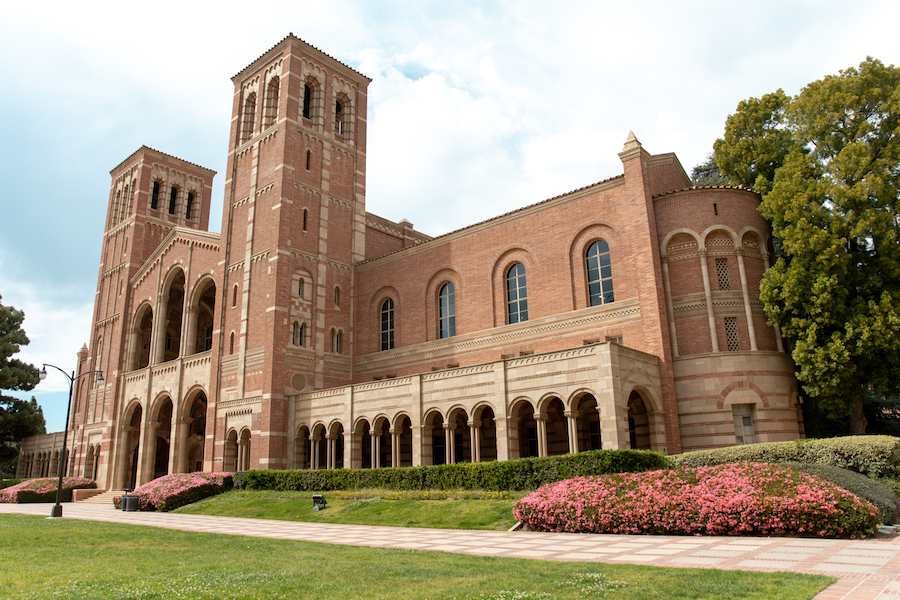Artificial Intelligence: Teaching Machines to think like Humans
November 13, 2021 2021-12-10 19:10Artificial Intelligence: Teaching Machines to think like Humans
Course Available in: Sao Paulo
Artificial Intelligence: Teaching Machines to think like Humans
Artificial intelligence (AI) has arrived. With it, nearly every aspect of modern society has been disrupted. From the simplicity of a spam filter to the complexity of driving, from the originality of composing music to the technicality of medical diagnosis, and from the scale of running a search engine to the personalization of movie recommendations, AI is transforming our everyday lives.
The goal of this course is for students to gain an understanding of what artificial intelligence is and how to train intelligent systems to efficiently perform specific tasks. This course will cover a variety of topics in modern artificial intelligence including machine learning, data science, and programming. Students will develop theoretical proficiency in AI – learning the strengths and weaknesses of several powerful algorithms. Students will also develop programming proficiency through practice implementing these algorithms on real-world datasets using the Python programming language. By the end of the course, students will not only be able to launch deeper into the exciting field of artificial intelligence, but they will also be able to leverage their new skills to address and solve real-world problems in areas spanning business, politics, culture, science, and society.
Program Calendar:
January 17 – 28, 2022 (Monday to Friday)
In-person classes in your country:
From 9:00 am to 3:30 pm
Available

Ross Benjamin Alexander, PhD(c)
Aeronautics & Astronautics at Stanford University
Ross is a second-year graduate student at Stanford University pursuing a Ph.D. in Aeronautics & Astronautics (M.S. 2021; Ph.D. 2024) and is also the recipient of a Stanford Graduate Fellowship (SGF) in Science & Engineering. As a researcher in the Stanford Intelligent Systems Lab (SISL), Ross works on developing principled methods for algorithmic decision making under uncertainty utilizing approaches involving machine learning and artificial intelligence. Ross’s research has led to collaborations across the globe on topics spanning multidisciplinary design optimization, autonomous driving, and COVID-19.


